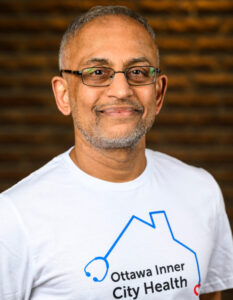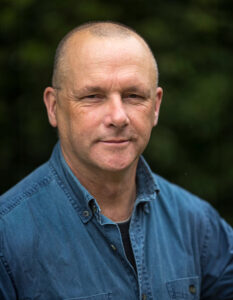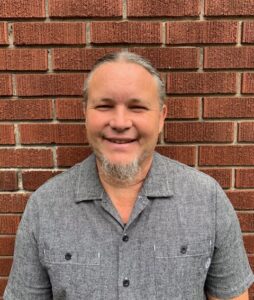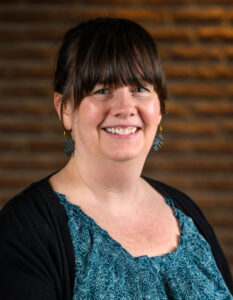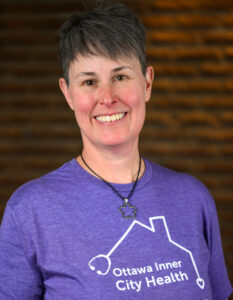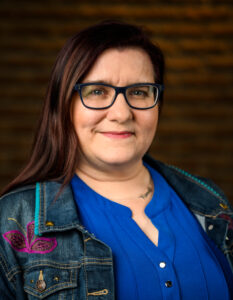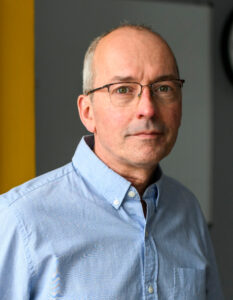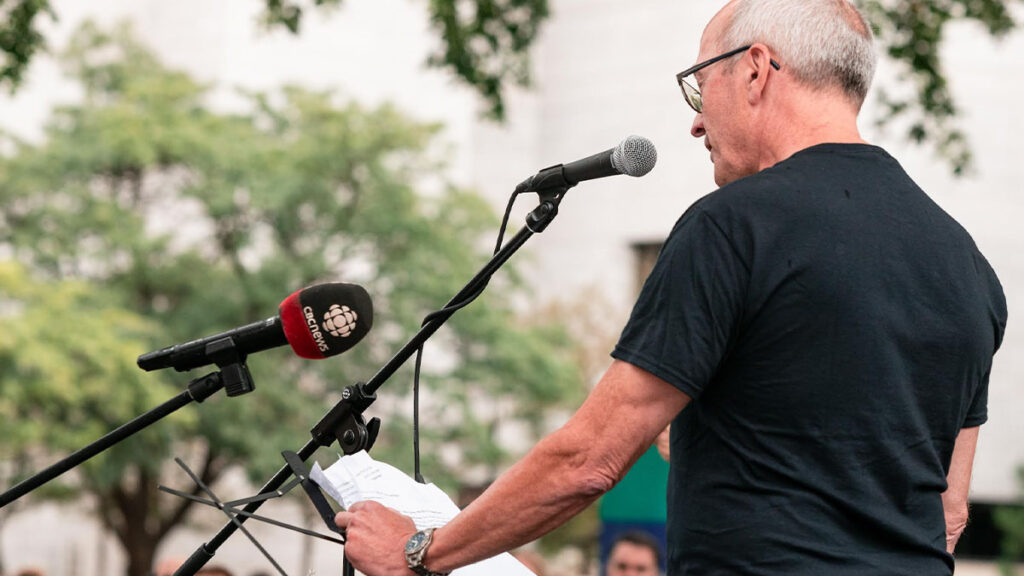
In Ottawa, the people who use drugs who were engaged in the efforts to protect the health of their community and to advocate for the services they and their community desperately needed to survive the toxic drug crisis are mostly dead now. Those that are not, are overwhelmed with survivor’s guilt, demoralized that not only were their efforts not enough to save their friends but that the services they advocated for are being blamed for causing the problems they set out mitigate.
In the public discourse about community safety, the voice of people who use drugs has been absent. This is striking given that people who use drugs a) are part of the community and b) are far more likely to be victimized than any other stakeholder in the conversation and c) necessary for any sustainable solution to public safety issues.
We worked with people who use drugs to develop and implement a survey around the safety needs of people who use drugs.
Next we held focus groups to ask them what specific things in their current environment are causing them to feel unsafe and how we can address them together.
When we talked to people who use drug about the impact of the toxic drug supply, they told us about the dope sickness, they told us about desperation, the fear and the “every person for themselves” attitude that was created. They did not like what had become of their community. They grieved the way things used to be before the drug supply became so toxic, before the pandemic. And they grieved the leaders they loved and respected who have been lost over the past 7 years.
So we asked them what they wanted to do about it.
What they told us was that they wanted to restore the positive aspects of street culture. That they wanted to be part of the solution to the concerns of neighbours and businesses. They told us that they wanted us to help them to address the things that were impacting their sense of safety.
The Ontario Government’s decision to close supervise consumption sites in Ontario was rationalized by concerns about vulnerable children being exposed to drug use and discarded syringes. People who use drugs, many of whom grew up as vulnerable children who the system failed to protect, couldn’t agree more! In fact, the first thing, they wanted to address was addressing drug use in front of kids, and within a week or two they restored the community norm of people shouting “kids up” whenever they saw a family with kids on the block and everyone putting their drugs away until after the family passed by and the kids were out of sight.
There are policy alternatives to prohibitionist closures of consumption sites that would restore balance to communities and make safer downtowns for all.
